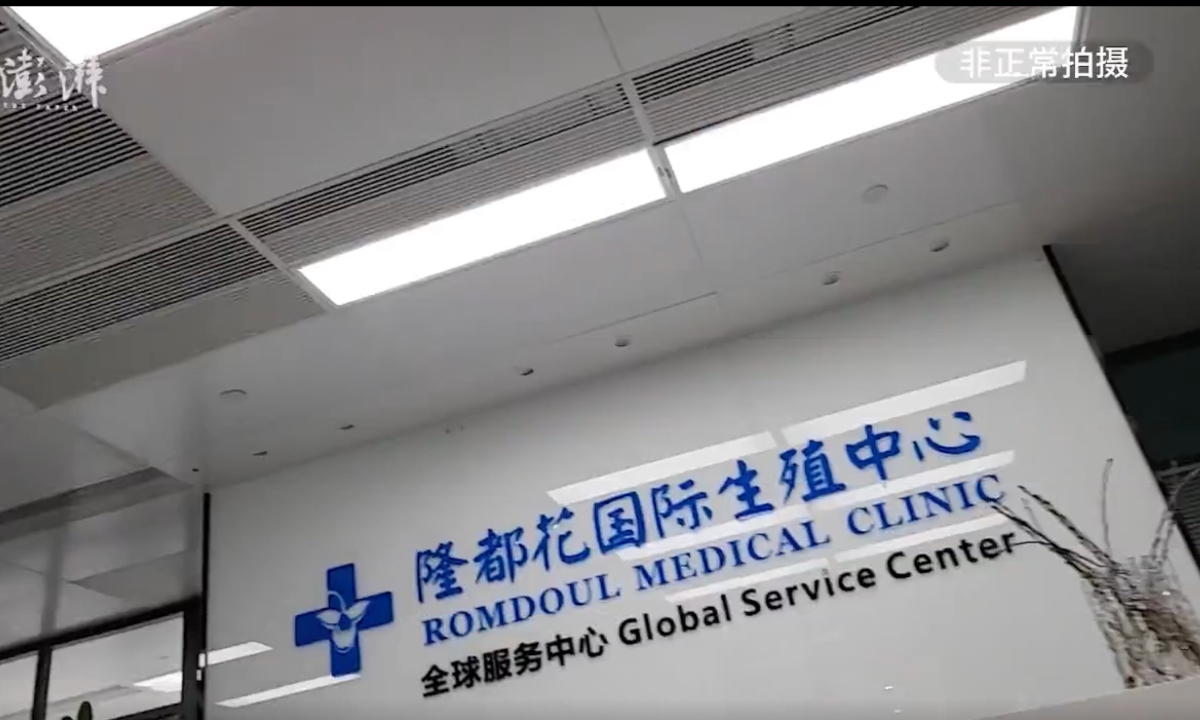An Investigation Initiated Following Expose on Unlawful Surrogacy Services in Xiamen, China
Health authorities in Xiamen, a coastal city in southern China, are set to launch an investigation into an assisted reproduction clinic after local media uncovered a clandestine surrogacy operation allegedly responsible for facilitating the birth of over 300 babies annually.

Reporters from The Paper, based in Shanghai, conducted undercover investigations into clinics operated by Longduhua Medical Group (Hong Kong) Ltd. in Hangzhou and Xiamen. These clinics were found to be offering surrogacy services, a practice prohibited under Chinese law.
Before publishing their findings on Monday, The Paper reached out to local branches of China’s National Health Commission. Health authorities in both Hangzhou and Xiamen pledged to initiate investigations into the matter.
Despite Beijing’s stringent crackdowns and outright ban on surrogacy, clandestine services continue to flourish in China. These services cater to couples seeking to bypass the country’s now-defunct one-child policy or those grappling with infertility issues. However, there are indications of shifting attitudes, with lawmakers recently debating the necessity of surrogacy amidst China’s declining birth rates.
Underground surrogacy clinics operate with confidence due to the lack of clear legal consequences outlined by Beijing for violating the ban. When questioned about potential repercussions, representatives from these clinics only mentioned the possibility of doctors losing their medical licenses and the clinics facing fines.
Longduhua’s clinics, with packages starting at 550,000 yuan ($77,000), assess clients’ suitability for procedures like egg retrieval and in-vitro fertilization. The clinics then arrange for surrogate mothers, typically under 32 years old, to carry the embryos to term.
Additional charges, exceeding 1 million yuan, may apply for services such as fertilization, twin pregnancies, and repeat surrogacy after miscarriages. Longduhua’s founder, Liu Baojun, has been linked to previous cases involving surrogacy services, including a 2017 incident where embryos from a deceased couple were carried by a surrogate in Laos.
Longduhua assures clients that in the event of deformities in babies, they can opt for a new surrogacy arrangement or seek a refund. Moreover, mothers are guaranteed legitimate birth certificates, essential for accessing healthcare, education, and other government services.
Liu’s own success story is prominently displayed in Longduhua’s Xiamen office, with a large poster featuring three babies reportedly delivered by him through surrogacy, including twins.

